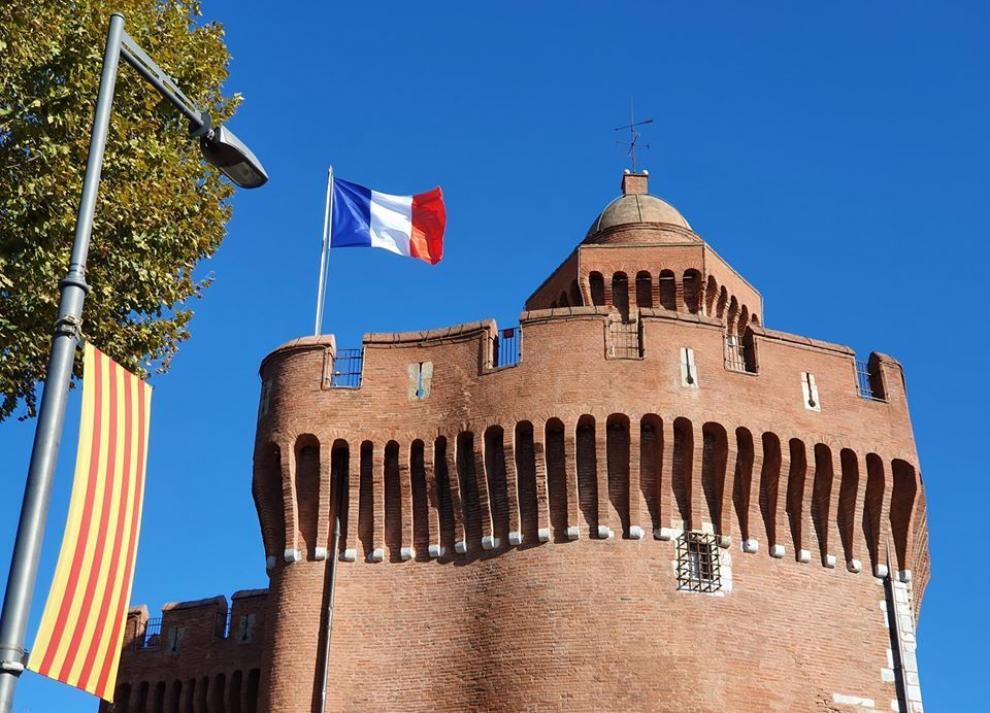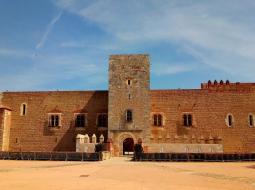Thessaloniki gets ready for its metro launch in November
The underground rapid transit lines have been under construction for almost two decades due to various project delays
 TheMayor.EU logo
TheMayor.EU logo 
The history of Perpignan starts in the tenth century. The city is believed to have been founded by Pere Pinya (Pierre Pigne). After the Arab invasion, Pepin the Short, then Charlemagne, finally reconquered the region around 811; it is then that the Carolingian era began and with it - the construction of several villages on the plain of Roussillon, including Perpignan. It did not take long for Perpignan to become the capital of Roussillon.
Perpignan became a partly self-governing commune in 1197 and in 1258 it was freed from French feudal rights. In 1276 the city was already capital of the Kingdom of Mallorca and was about to see its golden age in the upcoming years, thanks to manufacture, leather work, goldsmiths' work, and other luxury crafts.
With the annexation of the Kingdom of Majorca by Peter IV of Aragon in 1344 Perpignan was once again integrated into the County of Barcelona. The centuries to come were marked by turbulent development and rule of France and Castile. In 1659, in the climax of the Thirty years war, Perpignan became part of the French territories and remained there ever since.
Perpignan is a French commune and a metropolitan area. It is divided into 6 cantons. As of 2016 the municipality had around 121,875 inhabitants.
The current dominant economic activity is agribusiness. The city was best known for its Bella dolls which were made in Perpignan itself until 1984, when the plant closed. Today only a museum of these dolls remains, the old installations having been closed.
Saint Charles Economic Center, the number one fruits and vegetables platform in Europe, is in the city. Local society is characterized by levels of poverty that are higher than the average for the country.

As Salvador Dali said, Perpignan is the "Center of the World". Located between the Mediterranean Sea and the Pyrenees, Perpignan is privileged to have 300 sunny days a year. Perpignan welcomes you with rich cultural heritage which has earned it recognition as "City of Art and History" and "Heritage 20th century". It was also named European City of Wine 2019.
Place de la loge B.P. 20931 66931
Perpignan cedex